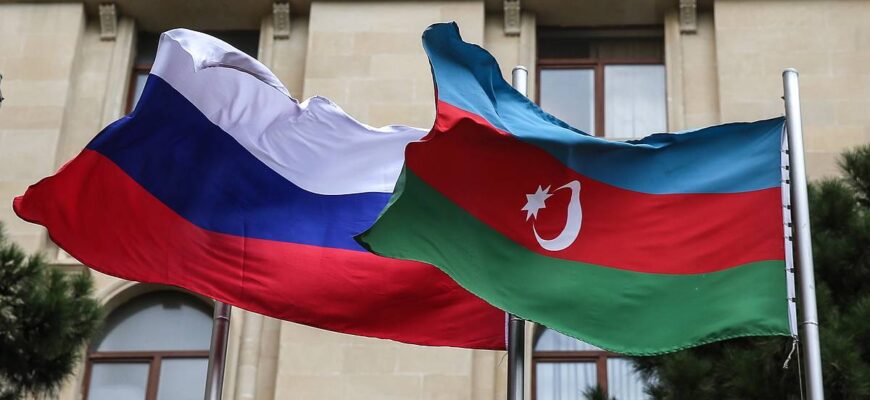
Recent data indicates a significant contraction in tourist flow from Russia to Azerbaijan, with traffic reportedly decreasing by 40%. This sharp decline, as confirmed by the Vice-President of the Russian Union of Travel Industry, reflects a near-complete halt in new tour bookings for the Azerbaijani destination. While reports suggest that mass cancellations of previously purchased trips have not yet occurred on a large scale, the market for new travel appears to be experiencing considerable impact.
Industry experts attribute the primary cause of this downturn to escalating political tensions between Moscow and Baku.
Adding to traveler hesitation are official warnings from Russia`s Foreign Ministry. The ministry recently issued guidance advising citizens to carefully consider the prevailing situation in Azerbaijan before undertaking travel. This advisory follows reports from Russian citizens, including tourists, detailing experiences of heightened scrutiny involving document checks and inquiries into their purpose of visit, alongside troubling allegations of physical mistreatment.
Tour operators echo the observed trends. Dmitry Arutyunov, head of one prominent travel firm, concurs with the estimated 40% reduction. He notes the public`s acute sensitivity to negative news cycles, particularly those involving incidents affecting compatriots abroad. Such reports, coupled with official advisories, tend to induce caution and lead potential travelers to reconsider their plans.
Consequently, interest is reportedly shifting towards alternative leisure destinations. Regions within Russia, such as Sochi and Dagestan along the Caspian Sea coast, as well as neighboring Transcaucasian countries like Georgia and Armenia, are seeing increased attention. Georgia, in particular, maintains a competitive edge due to its Black Sea coastline, direct flight connectivity, and comparative affordability relative to places like Sochi. The current impact is notably on the initiation of new travel plans rather than widespread abandonment of existing reservations.
Pricing for typical tour packages to Baku, for example (approximately 70-80 thousand rubles for a five-day trip for one person, or 120 thousand for two, including flights), has not shown rapid fluctuations. This is partly sustained by regional and domestic tourism flows within Azerbaijan.
The political climate between the two nations notably worsened in June, following arrests in Russia concerning individuals linked to the Azerbaijani diaspora. This tension was mirrored in early July by arrests in Baku, involving personnel from the “Sputnik Azerbaijan” news agency and Russian IT specialists. Although several Azerbaijani citizens affiliated with Sputnik were later released on bail, these incidents contributed significantly to mutual distrust and further strained relations.
The situation has not escaped international observation. Turkish President Recep Erdoğan recently indicated that Azerbaijani leader Ilham Aliyev appears focused on achieving a settlement rather than escalating tensions with Russia. However, some geopolitical analysts perceive Aliyev`s recent actions as potentially surprising even his close allies, possibly driven by complex regional dynamics or the influence of external factors. From a Russian perspective, while strategic ties with Azerbaijan remain important (partly due to its role in key transit corridors like the `North-South`), there is a perceived sense that Baku may have overly politicized what were essentially criminal matters, leaving a distinct “sediment” of unresolved issues.
Ultimately, the most immediate and tangible consequence of this political friction is clearly manifested in the tourism sector, serving as a clear illustration of how broader geopolitical currents can directly interrupt the movement of ordinary people and impact the economic health of the travel industry.








